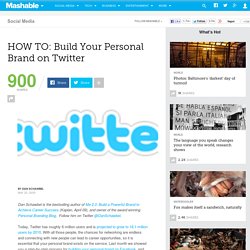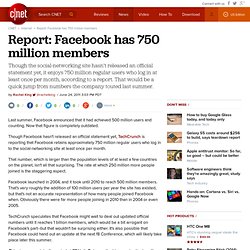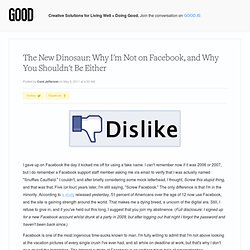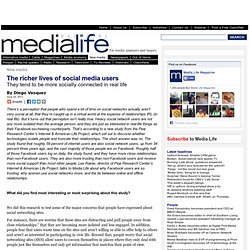

HOW TO: Build Your Personal Brand on Twitter. Dan Schawbel is the bestselling author of Me 2.0: Build a Powerful Brand to Achieve Career Success (Kaplan, April 09), and owner of the award winning Personal Branding Blog.

Follow him on Twitter @DanSchawbel. Today, Twitter has roughly 6 million users and is projected to grow to 18.1 million users by 2010. With all those people, the chances for networking are endless and connecting with new people can lead to career opportunities, so it is essential that your personal brand exists on the service. Last month we showed you a step-by-step process for building your personal brand on Facebook, and today we’re going to show you how to do the same thing on Twitter. By leveraging the Twitter platform to build your brand you can showcase yourself to a huge and growing audience. 1. Prime domain names, especially those ending in “.com,” have long been desirable, hard to find and extremely expensive.
What happens when you don’t claim your Twitter handle: 2. 1. 3. 4. 5. 6. Group applications: Report: Facebook has 750 million members. Last summer, Facebook announced that it had achieved 500 million users and counting.

Now that figure is completely outdated. Though Facebook hasn't released an official statement yet, TechCrunch is reporting that Facebook retains approximately 750 million regular users who log in to the social-networking site at least once per month. That number, which is larger than the population levels of at least a few countries on the planet, isn't all that surprising. The rate at which 250 million more people joined is the staggering aspect. Facebook launched in 2004, and it took until 2010 to reach 500 million members. TechCrunch speculates that Facebook might wait to deal out updated official numbers until it reaches 1 billion members, which would be a bit arrogant on Facebook's part--but that wouldn't be surprising either.
The New Dinosaur: Why I'm Not on Facebook, and Why You Shouldn't Be Either - Culture. I gave up on Facebook the day it kicked me off for using a fake name.

I can't remember now if it was 2006 or 2007, but I do remember a Facebook support staff member asking me via email to verify that I was actually named "Snuffles Caulfield. " I couldn't, and after briefly considering some mock letterhead, I thought, Screw this stupid thing, and that was that. Five (or four) years later, I'm still saying, "Screw Facebook. " The only difference is that I'm in the minority. According to a study released yesterday, 51 percent of Americans over the age of 12 now use Facebook, and the site is gaining strength around the world. Facebook is one of the most ingenious time-sucks known to man. And speaking of lame people, who in their right mind wants to open up their lives to everyone they meet or, worse yet, met decades ago?
Of course all those complaints are peanuts when you begin to think about the real privacy concerns associated with Facebook. Unfriended: Six Million Americans Fled Facebook Last Month - Culture - GOOD. Research on Twitter and Microblogging. The richer lives of social media users. There’s a perception that people who spend a lot of time on social networks actually aren’t very social at all, that they’re caught up in a virtual world at the expense of relationships IRL (in real life).

But it turns out that perception isn’t really true. Heavy social network users are not any more isolated than the average person, and they are just as interested in real-life things as their Facebook-eschewing counterparts. That’s according to a new study from the Pew Research Center’s Internet & American Life Project, which set out to discover whether technologies isolate people and truncate their relationships. The short answer was no. The study found that roughly 59 percent of internet users are also social network users, up from 34 percent three years ago, and the vast majority of those people are on Facebook. What did you find most interesting or most surprising about this study? Instead, we found that certain users have higher-than-expected levels of well-being. Research on Social Network Sites.